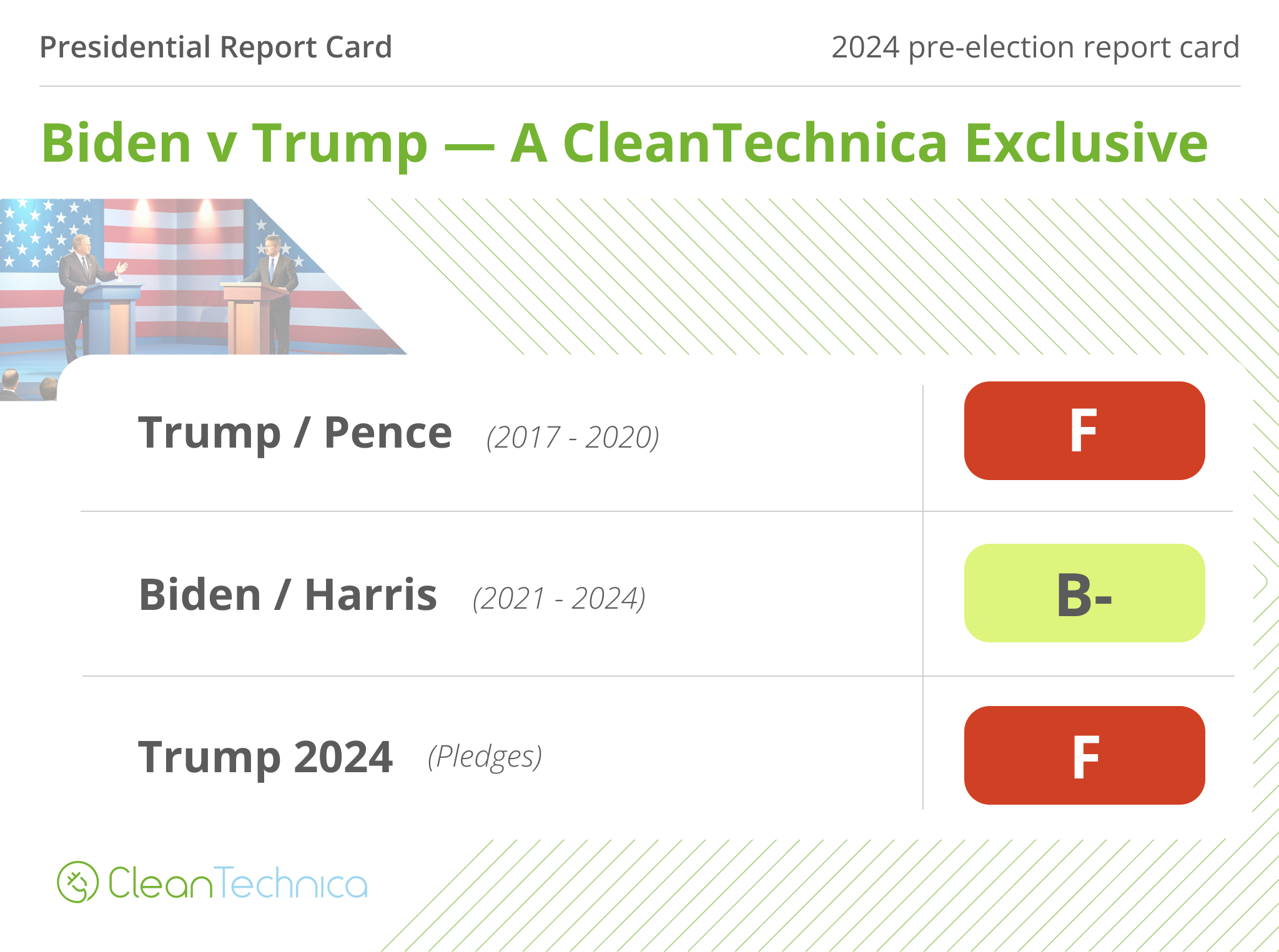
Every year, Volvo Cars ships tens of thousands of containers full of production materials across the world’s oceans on massive container ships. These ships, in turn, pump out a staggering amount of carbon emissions – but a switch to renewable fuels could dramatically slash those figures.
“As the first global car maker to announce such a switch, we’ll achieve an immediate reduction in fossil CO2 emissions from intercontinental ocean freight by 55,000 tonnes over a year,” reads Volvo Cars’ official press copy, adding that the fuel used, Fatty Acid Methyl Esters (FAME), is based on sustainable sources like waste cooking oil – and the company is quick to point out that no feedstock related to palm oil or palm oil production is used.
“Renewable fuel is not the end game for removing CO2 from the world’s ocean freight needs,” says Javier Varela, Volvo Cars’ Chief Operating Officer and Deputy CEO. “Yet this initiative shows that we can act now and implement solutions that achieve significant results during the wait for long-term technological alternatives.”
Volvo Cars hopes to reduce its lifecycle carbon footprint by 40% per car in the time period between 2018 and 2025, which requires a 25% reduction in the company’s operational emissions – which includes logistics. So, for Volvo to reach its 0 carbon goal, it has to look everywhere.
“We’re continually exploring sustainability opportunities across all aspects of our supply chain, and across our overall business,” Javier Varela continues. “Our list of initiatives keeps growing as we work towards our ambition of becoming a climate neutral company by 2040.”
For the record:
We have been working on this initiative together with our logistics partners Maersk, Kuehne+Nagel and DB Schenker. These logistics service providers have from 1 June 2023 switched to renewable fuel for equivalent energy needed for all container transports done for Volvo Cars.
When renewable fuel is not available on a specific shipment, our renewable fuel allocation is instead used by the logistics partner for another customer’s route elsewhere, so the overall cut in fossil fuel use is kept on par with actual use in container vessels. The methodology, called mass-balancing, is third-party audited regularly. The renewable fuel itself is certified and not produced in competition with food crops. It is therefore sustainable in accordance with the EU Renewable Energy Directive.
Source | Images: Volvo Cars.
I don’t like paywalls. You don’t like paywalls. Who likes paywalls? Here at CleanTechnica, we implemented a limited paywall for a while, but it always felt wrong — and it was always tough to decide what we should put behind there. In theory, your most exclusive and best content goes behind a paywall. But then fewer people read it! We just don’t like paywalls, and so we’ve decided to ditch ours. Unfortunately, the media business is still a tough, cut-throat business with tiny margins. It’s a never-ending Olympic challenge to stay above water or even perhaps — gasp — grow. So …



